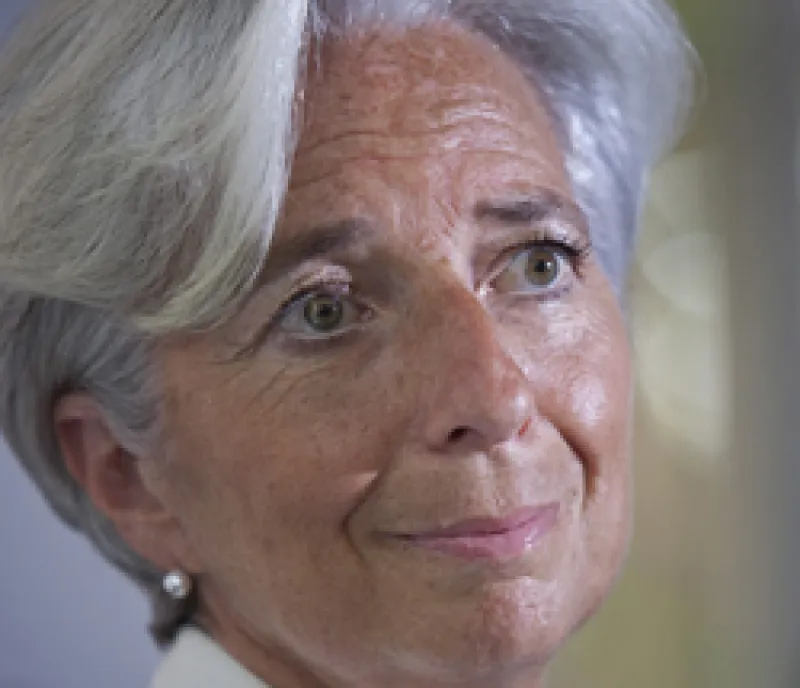
What Makes Christine Lagarde The Front Runner?
As soon as Dominique Strauss-Kahn was arrested, Christine Lagarde's name was the first mentioned as a replacement. Hers was also the last serious name put forward, despite the entry into the race of Agustín Carstens, the Mexican central bank governor. Why is this? What does it mean for the IMF?
June 8, 2011


